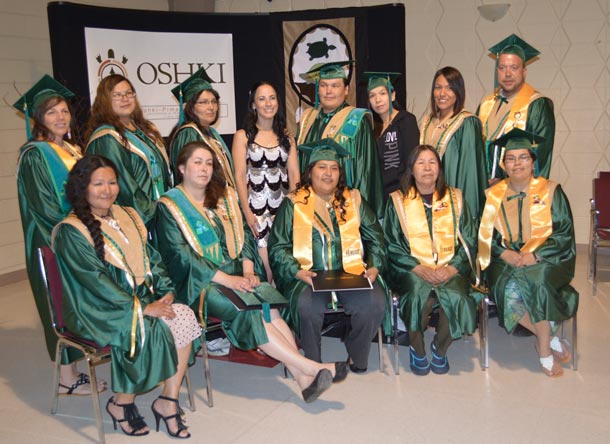Graduate schools must encourage students to evaluate their competencies and appreciate how those skills will help them pursue non-academic careers
By Derrick Rancourt
Professor
University of Calgary
CALGARY, Alta. – EDUCATION– Ontario universities have come under fire recently for not showing the value of a post-graduate education.
In truth, many employers believe that those who graduate from master’s and PhD programs have inadequate professional skills, yet they are surprised because many new hires exceed their expectations.
This misperception is made worse by the passivity of universities.
Post-graduate students once transitioned into academic leadership positions. It wasn’t necessary to question a candidate’s professional skill because training was harmonized across academic institutions.
However, in the new model, where these students are supposed to transition into industry, government or alt-academic positions, it’s the employers who don’t know the ropes. Many think that students are unfocused and spend all their time turning over rocks. They believe that these students aren’t prepared to work on mission-critical projects and don’t understand organizational dynamics enough to function in multidisciplinary teams.
But research has changed from single-investigator driven to multi-stakeholder driven. The lone wolf approach to research training is now one of collaboration and project management.
The non-academic workplace focuses on knowledge, skills and attitude when recruiting. Recruiters evaluate an individual’s strength measured against a standard. There are degrees of competency and each position has a list of expected competencies. Promotion is based on employees reaching advanced levels. Lateral transfers help to train individuals in competencies affiliated with new positions.
Universities need to prove that graduate training is relevant for careers in the 21st century. Academic mentors need to show trainees that much of their training involves professional skills that are highly coveted in the workplace. In my Biomedical Engineering Professional Development course, I assign each student a competency to present to their peers. They must demonstrate why it’s important in the workplace and how it’s learned in graduate school.
Self-management, for example, is a substitute for close supervision by a manager and is instrumental in helping organizations achieve their goals. It’s practised in graduate school through self-monitoring. Graduates students keep a daily record of their work, compare their progress to their timelines and help maintain a positive work environment. They constantly apply for grants and awards, and celebrate their success by presenting their work at national and international conferences.
Even though graduate students practise most, if not all of these skills, most don’t fully appreciate their value. They do it because it’s expected of them.
Graduate schools need to reinforce such learning by encouraging students to regularly evaluate their competencies and appreciate how those skills will help them find suitable non-academic careers.
And graduate schools should be encouraging students to maintain a portfolio documenting these competencies. They can be presented to mentors and then to recruiters at transition time.
Universities can then more clearly show the value of graduate education to those outside of academia.
Universities can even go further to help graduate students acquire the professional skills to smoothly transition to the non-academic workplace. Recently, for example, the Cumming School of Medicine held a two-day training course for senior PhD students interested in pursuing Project Management Professional (PMP) certification. Recognizing that students have spent four or five years managing their own projects, this experience can be effectively leveraged to generate important new credentials.
And those credentials will help dispel the notion that post-graduate programs aren’t producing employment-ready candidates.
Derrick Rancourt is a professor in the University of Calgary’s Cumming School of Medicine, where he chairs the Graduate Science Education’s Professional Development Taskforce.
© 2017 Distributed by Troy Media
The views, opinions and positions expressed by all columnists and contributors are the author’s alone. They do not inherently or expressly reflect the views, opinions and/or positions of NetNewsLedger.








